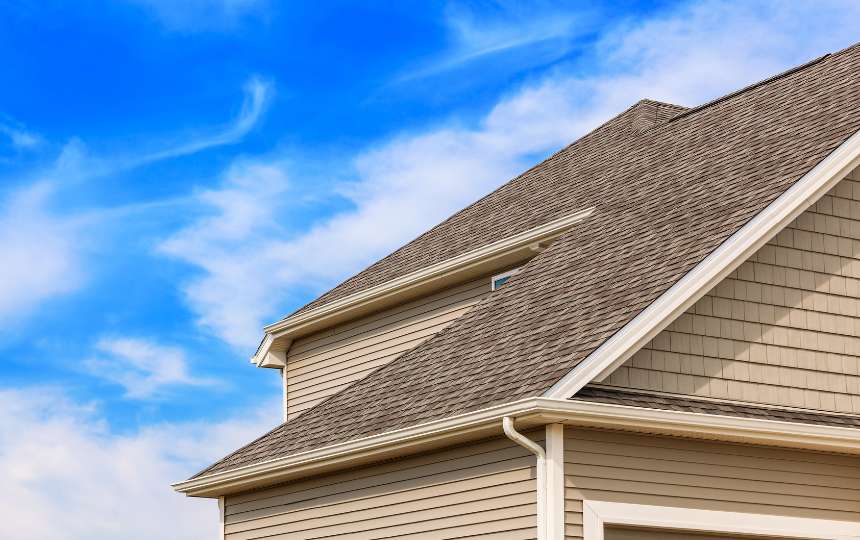In regions with heavy rainfall, having a reliable gutter system is crucial to protect your home from water damage. The proper gutters ensure water is channeled away from your roof and foundation, reducing the risk of leaks, structural damage, and basement flooding. In this article, we explore the best gutter systems to handle heavy rainfall, key features to consider, and maintenance tips.
Why Gutters Matter in Heavy Rainfall Areas
Heavy rainfall can quickly overwhelm standard gutter systems. When gutters fail to manage large volumes of water, overflow and leaks become common, leading to:
- Roof damage and water infiltration
- Foundation erosion and basement flooding
- Damage to landscaping and exterior structures
Investing in a gutter system designed for heavy rain ensures your home remains protected during even the most intense storms.
Key Features of High-Performance Gutter Systems
When choosing a gutter system for heavy rainfall areas, look for these essential features:
- High Capacity: Gutters should have larger or deeper channels to accommodate heavy water flow.
- Durability: Materials like heavy-duty aluminum, galvanized steel, or copper offer longevity and resistance to corrosion.
- Seamless Design: Seamless gutters reduce the risk of leaks at joints and seams, providing a more reliable water flow.
- Effective Downspouts: Adequate and well-placed downspouts ensure water is quickly and efficiently directed away from your home.
- Gutter Guards: Installing guards can prevent debris buildup, ensuring that heavy water flow isn’t obstructed.
Top Gutter System Options for Heavy Rainfall
Here are some of the best gutter systems and design features that perform well in heavy rainfall areas:
1. Seamless Aluminum Gutters
Seamless gutters made from aluminum are popular for their durability and low maintenance. Their seamless construction minimizes leakage and offers a sleek appearance that blends with most home exteriors.
2. Heavy-duty galvanized Steel Gutters
Galvanized steel gutters are known for their strength and durability. They can handle large volumes of water and withstand harsh weather conditions, making them ideal for areas with persistent heavy rainfall.
3. Copper Gutters
While more expensive, copper gutters provide unmatched longevity and a unique aesthetic. They are highly corrosion-resistant and perform exceptionally well in managing heavy rainwater over decades.
4. Box Gutters
Box gutters, often found in older homes and custom builds, offer high capacity and are integrated into the roof structure. They require professional installation and regular maintenance but are highly effective in areas with significant rainfall.
Installation and Maintenance Tips
Even the best gutter systems require proper installation and regular upkeep to perform optimally:
- Professional Installation: Hire experienced contractors to ensure that gutters are correctly sized, pitched, and secured.
- Regular Cleaning: Clean your gutters at least twice yearly (or more frequently during peak rainy seasons) to prevent clogs.
- Inspect for Damage: Regularly check for rust, sagging, or misaligned downspouts that could impede water flow.
- Install Gutter Guards: Consider installing guards to reduce debris accumulation and simplify maintenance.
Conclusion
Investing in a high-quality gutter system for heavy rainfall can save you from costly repairs and protect your home. By choosing the right materials and design features and regularly maintaining your gutters, you can effectively manage heavy water flow and safeguard your home against storm damage. Need help choosing or installing a gutter system for heavy rainfall? Contact a professional roofing and gutter specialist today for expert advice and service!
You may also like to take a look at some of these great resources:
- What Are The Benefits Of Having New Siding Installed On Your Home?
- What Are The Benefits Of Choosing James Hardie Siding?
- Say Goodbye to Mold and Rot: The Moisture Resistance of James Hardie Siding
- How to Hire a James Hardie Siding Contractor: the Ultimate Checklist
Also, here are some resources to help you select a reputable contractor:




